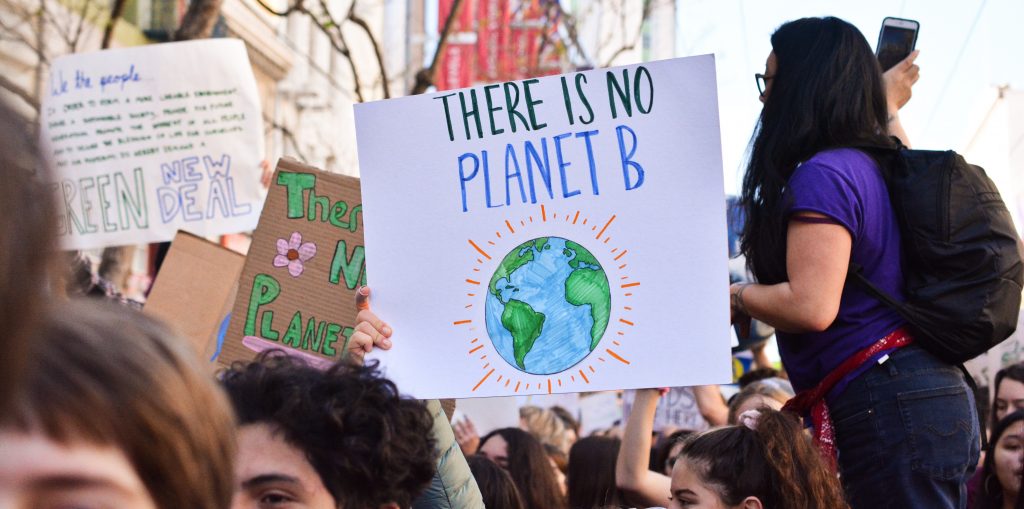When asked why she chose to dedicate herself to the issue of climate change, 16-year-old climate activist Greta Thunberg told journalist Amy Goodman that she had done her research. “One thing that I found very scary is tipping points, that once we reach tipping points [in the climate system], then there’s no going back”, she said. “Then we start a chain reaction beyond our control – and that is very scary. And so I thought, instead of worrying about how the future might turn out, you should try to change it while you still can. So that’s what I wanted to do.”
Like the Earth’s climate system, our sociopolitical, economic, and technological systems have critical thresholds, or ‘tipping points’. It is conceivable that relatively small, strategically targeted changes at the right time and place to have outsized (nonlinear) impact, amplified by feedback effects. Is not Greta Thunberg, who through small acts of courage inspired a burgeoning international movement, not a quintessential example? What might be the next chain reaction that gets us closer to net zero?
In an article published recently in Science (open access version accessible through the link), co-authors and I have proposed a research and policy agenda to identify, model, and trigger “sensitive intervention points” (SIPs) in the transition to a post-carbon economy. The article describes two broad classes of SIPs: ‘kicks’ and ‘shifts’. From strategically targeting investments in low/zero/negative emission technologies with the fastest rate of unit cost reductions; to shifting the underlying dynamics of future policy decisions through legislation that creates new committees, builds accountability mechanisms, and ‘locks-in’ procedures that cumulatively ratchet-up policy ambition; to activating and mobilizing the pro-climate “silent” majority through movements, campaigns, and coalition-building; the article describes how our limited time and resources to mitigate climate change might be best mobilized over the next several decades.
Read more about how SIPs can change how we think about possibilities for accelerating climate action here.
 Ryan Rafaty, Postdoctoral Research Fellow, Climate Econometrics, Nuffield College
Ryan Rafaty, Postdoctoral Research Fellow, Climate Econometrics, Nuffield College
“There is No Planet B” image by Bob Blud on Unsplash
“Skolstrejk for Klimatet” image by Markus Spiske on Unsplash

